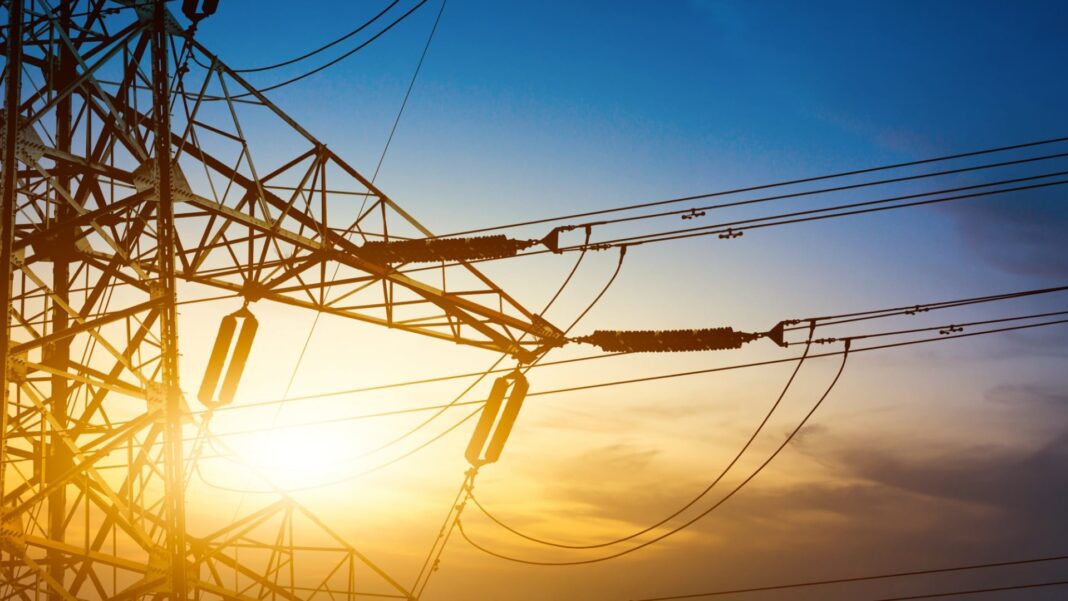Kamohelo Makhofola
When it comes to essential services, urgency should never be negotiable. However, recent events involving the Lesotho Electricity Company (LEC) suggest otherwise.
A recently burning electricity pole at Ha Thetsane, Lekhalong, in Maseru, sparked alarm among residents, who quickly reached out to LEC for assistance, only to be told that help would come after lunch.
This response is not only disheartening but also emblematic of a larger issue in public service delivery. Emergencies, by their very nature, demand immediate attention.
Delaying action for something as routine as a lunch break sends a troubling message about priorities, accountability, and the value placed on public safety.
The burning pole is just one example of LEC’s shortcomings. A larger concern has emerged in a section of town that has been without electricity for days.
Residents have been told that LEC is waiting for equipment that will replace the ruined equipment, a statement that raises serious questions about the company’s preparedness. Essential services like electricity cannot afford to operate reactively. Waiting for outages or failures to order and stock critical equipment is a recipe for repeated crises.
The impact of LEC’s inefficiency is not just about inconvenience; it has real economic consequences. One business owner, ‘Mamojela Masupha, commenting on social media, wrote: “business e mpha mme guys. Motlakase o bile sieo since morning. Ha ke tsebe mo ke tlo nka refund ea cake tse nne ha bosiu bo sa. Ekare nka iketsetsa motlakase.”
Her words echo the frustration of countless others whose livelihoods depend on consistent electricity supply.
Preparedness is the foundation of effective service delivery. For an organisation tasked with managing something as crucial as electricity, the expectation is clear: they must anticipate potential failures and proactively ensure they have the resources and infrastructure to respond swiftly.
This includes maintaining an inventory of equipment, having skilled technicians on standby, and ensuring their staff prioritises emergencies over routine schedules.
At the heart of this issue is a failure to recognise the critical role LEC plays in ensuring public safety and maintaining public trust. Emergencies, whether a burning pole or a prolonged blackout, are not minor inconveniences: they disrupt lives, businesses, and essential community functions.
For LEC to trivialise such incidents by deferring action is both unprofessional and unacceptable.
To regain public trust, LEC must commit to transparency and responsiveness. An emergency hotline, staffed at all times, could be a vital first step. Regular training and performance evaluations for staff could also ensure that incidents like this are handled promptly and professionally. Additionally, a robust supply chain and inventory system would allow LEC to act without unnecessary delays.
Public service delivery is a cornerstone of any functioning society. When entities like LEC fail to act in critical moments, it erodes trust and raises serious questions about their ability to fulfill their mandate. Emergencies cannot wait, and neither should the people of Lesotho. Such classic chaos!
Summary
- A recently burning electricity pole at Ha Thetsane, Lekhalong, in Maseru, sparked alarm among residents, who quickly reached out to LEC for assistance, only to be told that help would come after lunch.
- Delaying action for something as routine as a lunch break sends a troubling message about priorities, accountability, and the value placed on public safety.
- At the heart of this issue is a failure to recognise the critical role LEC plays in ensuring public safety and maintaining public trust.

Your Trusted Source for News and Insights in Lesotho!
At Newsday Media, we are passionate about delivering accurate, timely, and engaging news and multimedia content to our diverse audience. Founded with the vision of revolutionizing the media landscape in Lesotho, we have grown into a leading hybrid media company that blends traditional journalism with innovative digital platforms.







